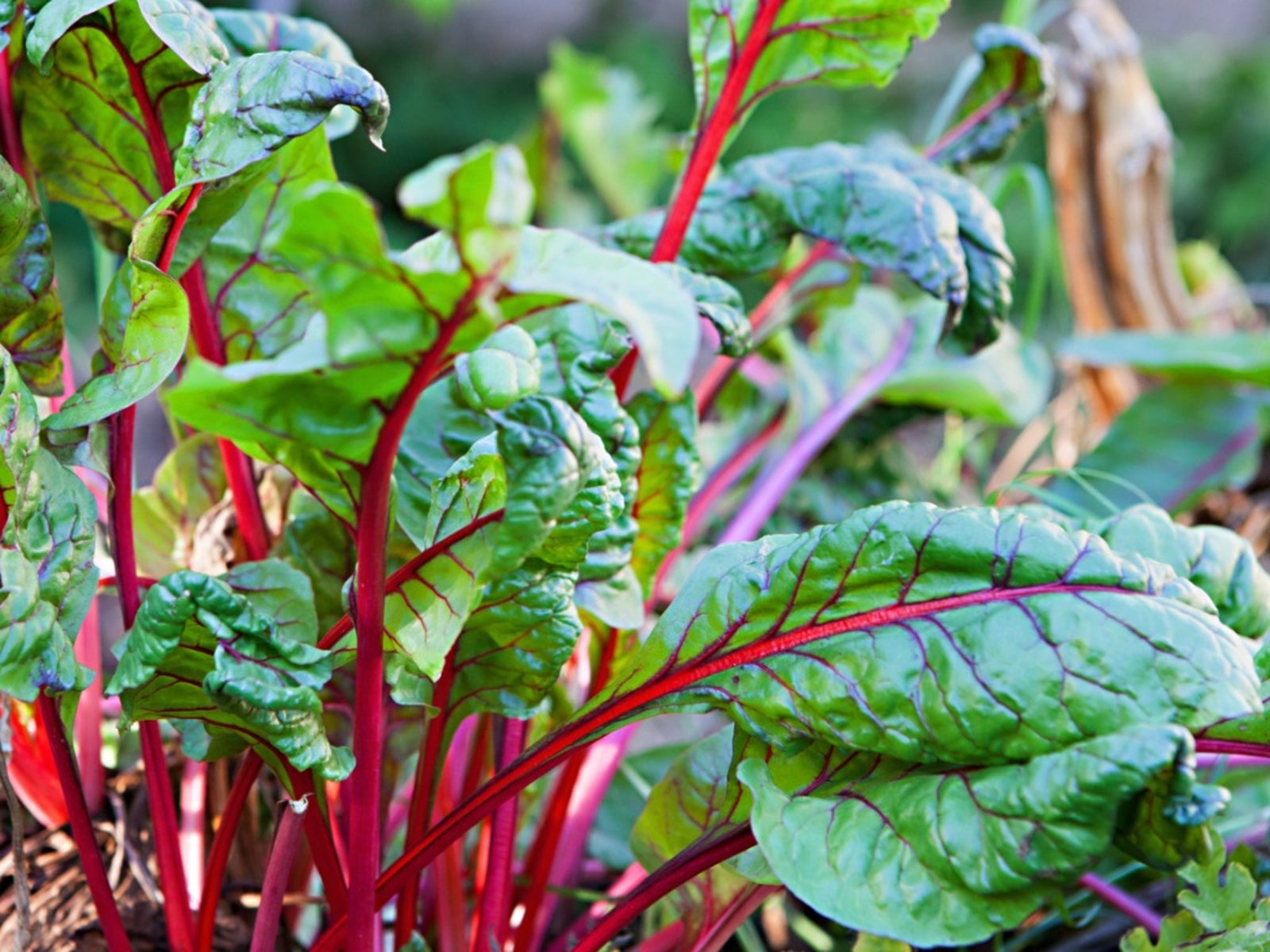Why Did My Chard Bolt: What To Do With Bolted Chard Plants


Sign up for the Gardening Know How newsletter today and receive a free copy of our e-book "How to Grow Delicious Tomatoes".
You are now subscribed
Your newsletter sign-up was successful
Chard is a great addition to any vegetable garden. Not only is it pretty, but the leaves are tasty, versatile, and very good for you. Grown in the cooler seasons, chard typically won’t bolt in summer. If you do have bolting chard plants, all is not lost.
Why Did My Chard Bolt?
Bolting occurs when a vegetable or herb starts to rapidly produce flowers, and this typically makes it inedible. A common cause of bolting is heat. Generally speaking, chard is a plant that does not bolt in the heat of summer, but it can happen. Ruby red and Rhubarb varieties are more inclined to bolt, and they may do it if they were exposed to frost by being planted too early. Always plant your chard after the last frost for this reason. You can also prevent chard plant bolting by protecting your plants from heat and drought. Although they tolerate summer heat well, and better than some other greens, like spinach, intense heat and drought may trigger bolting. Make sure your chard is well watered and provide some shade if you have a heat wave.
Is Bolted Chard Edible?
If the worst happens and you’re wondering what to do with bolted chard, you do have some options. Pull out the bolted plants and sow more chard seeds in their place. This way you get rid of the plants that have bolted, and you will get a new crop in the fall. Just know that these new seedlings may need a little shade to keep them cool in the heat of mid or late summer. You may even choose to still eat your bolted chard. The leaves will have more of a bitter flavor, but you can reduce that bitterness by cooking the greens instead of eating them raw. If you catch the bolting early and pinch off the flower stalk, you can probably salvage the leaves without too much extra bitterness. Another thing you can do if you have bolting chard plants is let them go. This will allow the seeds to develop, which you can collect to use later. If all else fails, pull your bolted plants and add them to your compost pile. They can provide nutrients for the rest of your garden.
Sign up for the Gardening Know How newsletter today and receive a free copy of our e-book "How to Grow Delicious Tomatoes".

Mary Ellen Ellis has been gardening for over 20 years. With degrees in Chemistry and Biology, Mary Ellen's specialties are flowers, native plants, and herbs.